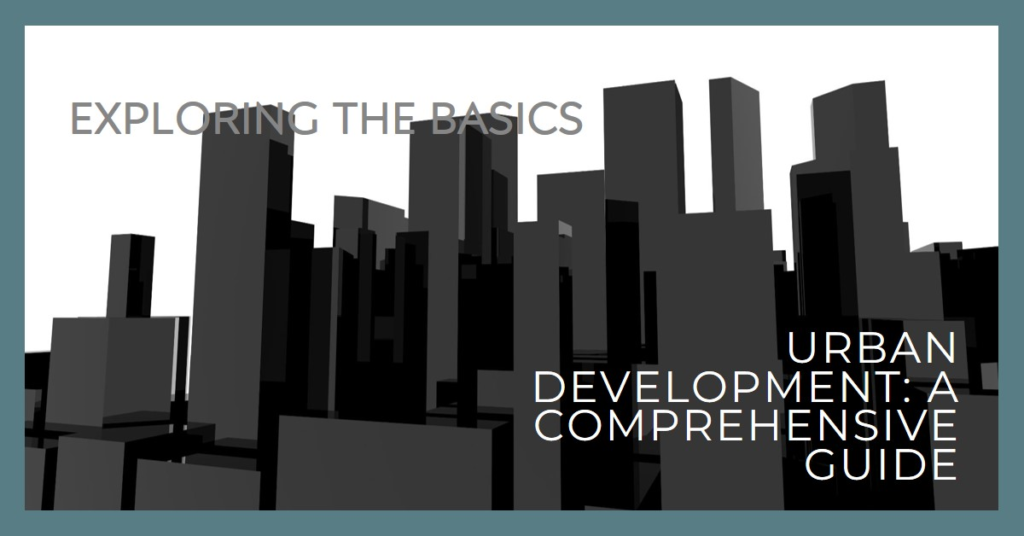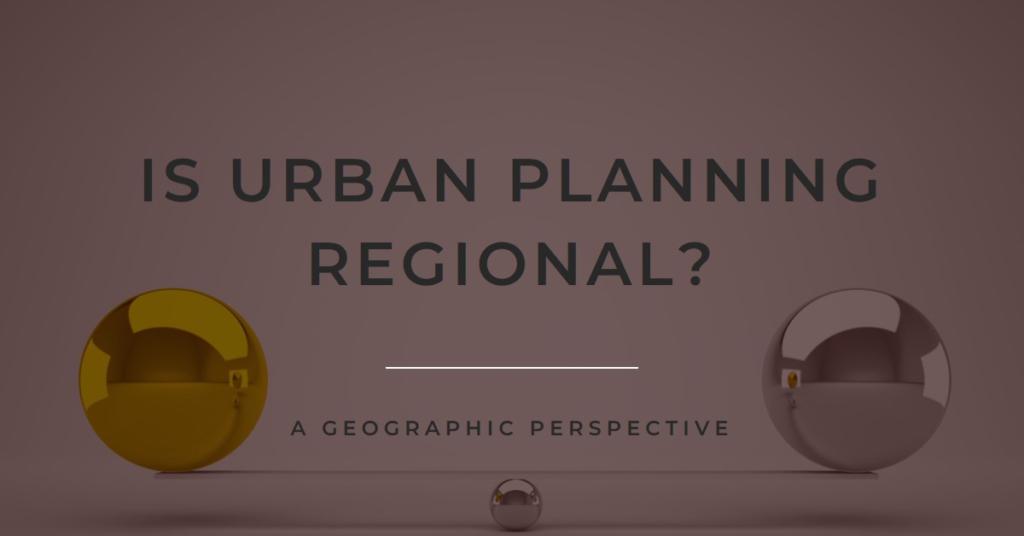
Table of Contents
- Introduction:
- Understanding Urban Development: A Primer
- The Dynamics of Urbanization: Catalysts and Consequences
- Policy Frameworks and Planning Paradigms: Navigating the Urban Landscape
- Infrastructure Development: Building Blocks of Urban Progress
- Architectural Innovation: Shaping Urban Skylines
- Sustainable Urbanism: Balancing Growth and Environmental Conservation
- Community Engagement and Social Equity: Empowering Urban Residents
- Challenges and Opportunities on the Horizon: Charting a Path Forward
- Conclusion: Towards a Sustainable Urban Future
Introduction:
Urban development, a term often bandied about in discussions about the growth and evolution of cities, encapsulates a multifaceted process that shapes the very essence of urban landscapes. From the construction of towering skyscrapers to the establishment of sustainable green spaces, urban development encompasses a broad spectrum of endeavors aimed at enhancing the functionality, livability, and vibrancy of urban environments. In this comprehensive guide, we delve into the intricacies of urban development, unraveling its complexities and shedding light on its myriad dimensions.
Understanding Urban Development: A Primer
At its core, urban development pertains to the systematic planning, design, and implementation of initiatives aimed at fostering the growth and transformation of urban areas. It encompasses a diverse array of activities, ranging from infrastructural enhancements to social and economic revitalization efforts. Urban development endeavors seek to address the evolving needs and aspirations of urban communities while simultaneously striving to achieve broader goals such as sustainability, resilience, and inclusivity.
The Dynamics of Urbanization: Catalysts and Consequences
Urban development is inexorably intertwined with the process of urbanization, the steady influx of people into cities in search of opportunities and better livelihoods. This demographic shift exerts profound pressures on urban infrastructure, housing, and public services, necessitating strategic interventions to accommodate burgeoning populations. Moreover, rapid urbanization often engenders socio-economic disparities and environmental degradation, underscoring the imperative of adopting holistic approaches to urban development that prioritize equity and environmental stewardship.
Policy Frameworks and Planning Paradigms: Navigating the Urban Landscape
Effective urban development hinges upon the formulation and implementation of robust policy frameworks and planning paradigms that steer the trajectory of urban growth in a sustainable and equitable manner. This entails engaging stakeholders across various sectors, including government agencies, private enterprises, civil society organizations, and local communities, in collaborative decision-making processes. By fostering participatory governance and incorporating diverse perspectives, urban planners and policymakers can devise innovative strategies that address the multifaceted challenges of urban development.
Infrastructure Development: Building Blocks of Urban Progress
Central to urban development initiatives is the enhancement and expansion of infrastructure networks that underpin the functioning of cities. This encompasses the development of transportation systems, such as roads, bridges, and public transit systems, to facilitate mobility and connectivity within urban areas. Additionally, investments in utilities, including water supply, sanitation, and energy distribution, are paramount to ensuring the provision of essential services to urban residents. By bolstering infrastructure resilience and efficiency, cities can mitigate the impacts of natural disasters and climate change while fostering sustainable development.
Architectural Innovation: Shaping Urban Skylines
The architectural landscape of cities plays a pivotal role in shaping their identity and character, reflecting both historical legacies and contemporary aspirations. Urban development initiatives often entail the construction of iconic landmarks, commercial complexes, and residential developments that redefine the urban skyline. Furthermore, the integration of innovative design principles, such as green building technologies and mixed-use zoning, can foster compact, walkable urban environments that promote social interaction and environmental sustainability.


Sustainable Urbanism: Balancing Growth and Environmental Conservation
In an era marked by escalating environmental concerns and climate change imperatives, sustainable urbanism has emerged as a guiding principle for urban development endeavors. This entails adopting practices and policies that minimize ecological footprints while maximizing resource efficiency and resilience. From green building certifications to renewable energy integration and green space preservation, sustainable urban development strategies strive to harmonize urban growth with environmental conservation objectives, ensuring the long-term viability of cities as livable habitats.
Community Engagement and Social Equity: Empowering Urban Residents
An inclusive approach to urban development necessitates meaningful engagement with local communities to ensure that development initiatives align with their needs, preferences, and aspirations. Community-based planning processes, participatory budgeting mechanisms, and grassroots empowerment initiatives empower urban residents to actively participate in shaping the future of their neighborhoods. Moreover, fostering social equity entails addressing disparities in access to housing, education, healthcare, and economic opportunities, thereby fostering a more equitable and inclusive urban fabric.
Challenges and Opportunities on the Horizon: Charting a Path Forward
Despite the myriad benefits that urban development promises, it is not without its challenges and complexities. Rapid urbanization, inadequate infrastructure, socio-economic inequalities, and environmental degradation pose formidable obstacles to sustainable urban development. However, these challenges also present opportunities for innovation, collaboration, and transformative change. By embracing a holistic approach to urban development that prioritizes environmental sustainability, social equity, and economic resilience, cities can navigate the complexities of urbanization and emerge as beacons of progress and prosperity in the 21st century.
Conclusion: Towards a Sustainable Urban Future
In conclusion, urban development embodies the dynamic interplay of diverse forces and stakeholders striving to shape the destiny of cities. From policymakers and urban planners to architects and community activists, a multitude of actors converge to chart the course of urban growth and transformation. By embracing principles of sustainability, inclusivity, and resilience, cities can unlock their full potential as engines of innovation, creativity, and prosperity. As we navigate the complexities of urbanization in the 21st century, let us endeavor to build cities that are not merely concrete jungles, but vibrant, inclusive communities that nurture the aspirations and dreams of all who inhabit them.



1 Comment
X22Mob
Hey people!!!!!
Good mood and good luck to everyone!!!!!